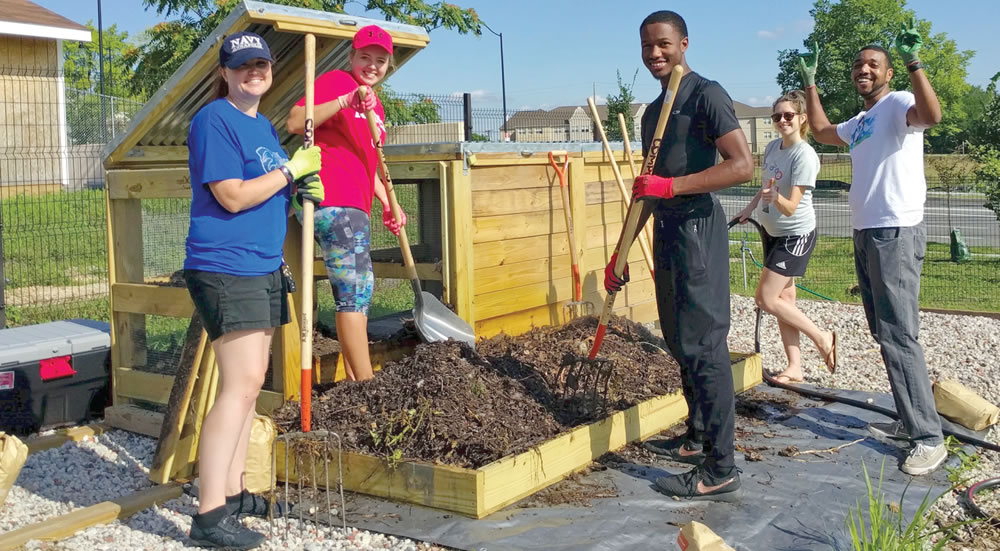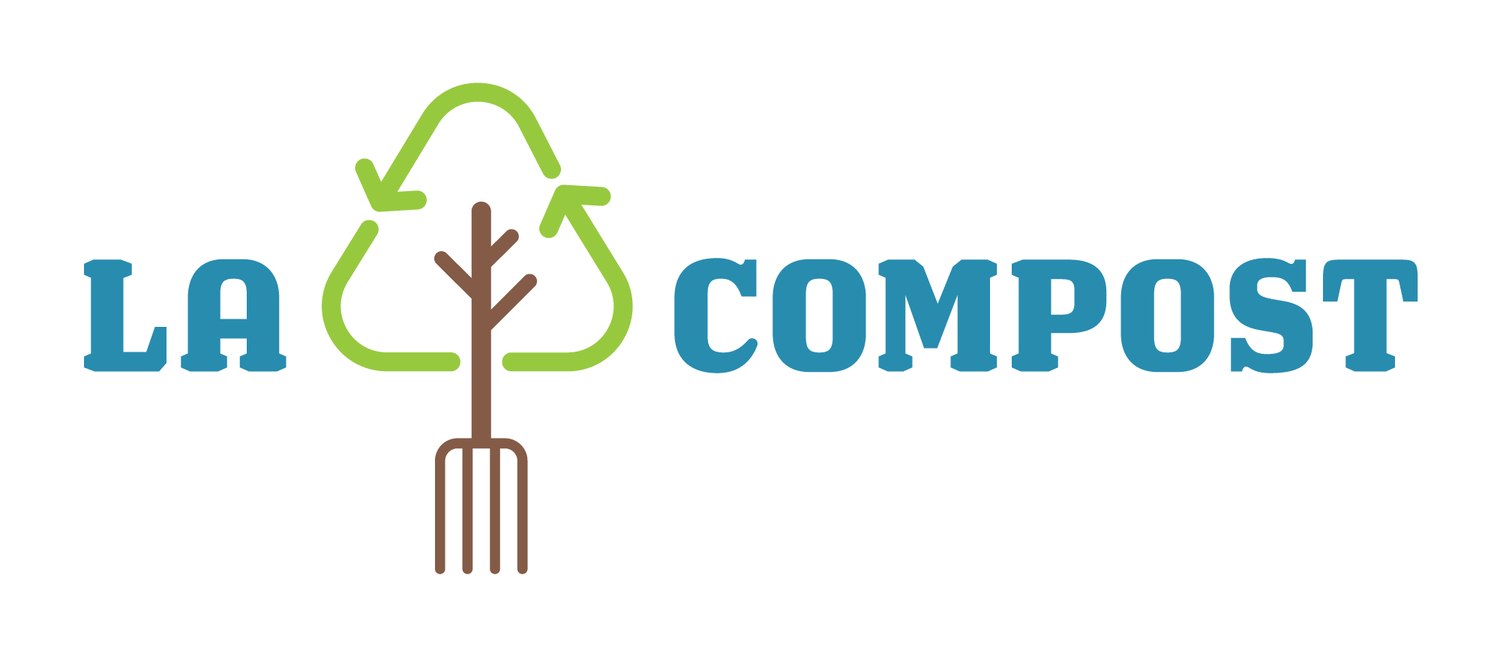For urban farming to succeed, there must be a collective effort beyond the people who manage the operations of the urban farm lot and distribution of harvested produce. This is due to the fact because urban farming is inherently community oriented and requiring a large amount of participation from the city of operations. Purchasing fresh produce and other products from institutions such as farmers markets and community supported agriculture are actually only initial steps to sustaining farmers markets because the majority of urban farms operated using primarily sustainable and organic practices. Such sustainable farming practices consist of closed cycles for resource conservation and recycling that has to be practiced on the greater community. The most well-known technique for resource cycling and conservation in urban areas is composting organic matter that would have ended up in landfills.
The reason for the community needing to be responsible for composting is that compostable yard and food waste is 26 percent of the waste produced in the United States. In the regions where farmers markets and CSA are popular, a large portion of food waste comes from the community gardens and urban farms where this food is produced. This food waste ends up being destined for landfills where large amounts of methane are produced further exacerbating the warming of our planet that especially in Southern California has led to an increased issues for urban agriculture related to excessive heat, lack of rainfall and supplemental water, and unpredictable temperatures affecting the life-cycle of plants resulting in lower yields. Another prevalent issue related to urban farming and the lack of composted soils is the high number of vacant lots that are contaminated with substances such as heavy metals that create a soil unsuitable for plant growth and may even create an environment too toxic for humans to be around.

Composting although well-known in general as a practice used for organic growing, is not very well understood by the general public which is the most probable reason for the lack of interest in public participation in composting. Composting is by the public first seen as a task done by those who operate the farm or municipal waste companies, although none of these institutions are the primary contributors to organic waste. People who do understand that they can compost their own waste may be timid to do so because they lack a complete understanding of the practice and see it as a task that is less sanitary and more difficult to complete than it actually is. The reality is that healthy soils especially in urban areas rely on composting to hold water and nutrients, support soil organisms that perform a number of ecosystem services, and remediate toxic soils creating a safe environment for human activities. Composting can be as simple as wasting such as nitrogen containing food scraps with carbon containing paper and cardboard scraps and combining them into a compost pile or machines such as tumblers that combined with air, heat, and oxygen circulation will create a hummus substance that has a sweet smell and several environmental benefits.

While there are some government efforts to divert organic wastes from landfill, it seems that in many of the cities where urban farming is prevalent, the public is showing an increasing interest in composting for the benefit of the community. In other major areas such as Washington D.C. there are community-based composting efforts that have been successful in diverting 10 tons of food wastes from landfills since 2015. In Los Angeles, non-profit organization LA Compost has since 2013 been a pioneer in creating high quality compost from residential food scraps creating a decentralized system of waste collection centers in places such as farmers markets as well as several composting centers that will eventually be used to remediate soils around the city benefiting much more than just urban farms. It is very exciting to know that people especially in major cities are beginning to take control of their own trash and making responsible decisions that can ensure a hospitable environment and sustainable food supply is available for future generations.

References
Brolis, L. (2018). Community-Scale Composting at Urban Gardens and Farms. Biocycle. https://www.biocycle.net/community-scale-composting-urban-gardens-farms/
Green City Grower. (n.d.). The (Not-So-Stinky) Truth about Composting . Received from https://greencitygrowers.com/blog/the-not-so-stinky-truth-about-compost/#:~:text=Compost%20is%20great%20for%20the,and%20use%20moisture%20and%20air.
LA Compost. (n.d.). Our Story. Received from https://www.lacompost.org/story
Smith, D. (2010). Composting 101 for Citydwellers. Grist. Received from https://grist.org/article/food-composting-101-slideshow/
This is an important concept. I have met many people who know what composting is but have never tried or understood the process. I have found a nice video that may be relevant to us college students, many of whom may not have outdoor space to have a compost pile or bin. it is possible to contribute to waste reduction by composting even in an apartment! Many urban areas have compost pick up services available. Here’s a link to find services in your area if you are interested.
https://compostnow.org/compost-services/
LikeLike
What an amazing topic to include! I found a video to go along with your article. I felt you covered the why and what very well and I didn’t want to talk over your points. The above video is a simple method for any urban or suburban family to get started and take your point home.
LikeLike
Awesome topic! I totally agree that a lot of our food waste in the U.S. and also in SoCal could be composted instead of going into the landfills. I think that the general public is definitely not as informed about composting and the benefits it has compared to us students who know a lot more about it since we learn about it. I love that you pointed out that the general public often has a misconception about composting since people tend to think that composting is only done by people who own/operate farms or handle municipal waste. After taking a sustainable agriculture class, I have learned that anyone and everyone can compost, it is actually quite simple and rewarding in the end when you harvest some healthy soil!
LikeLike